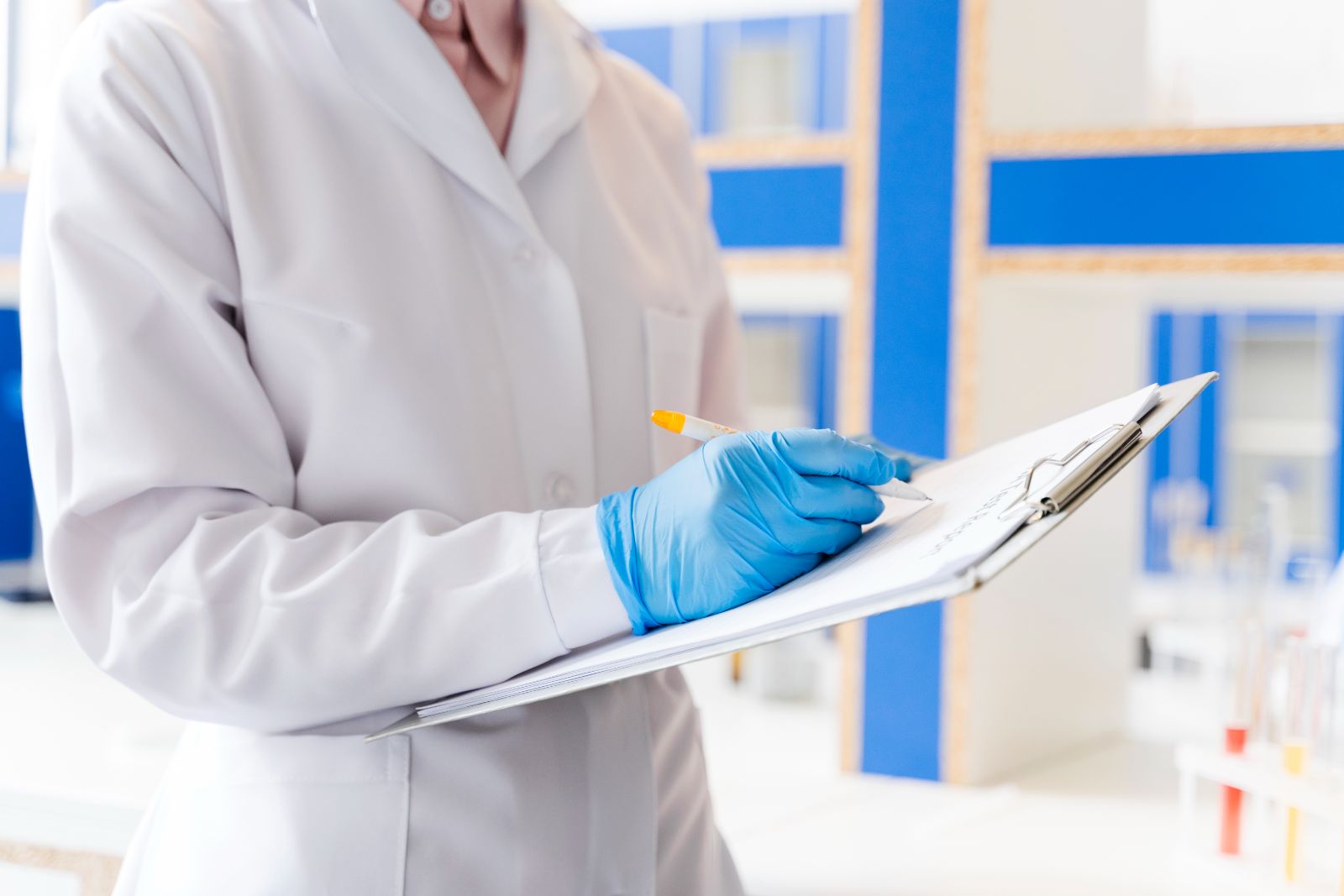Testing during the product development process gives manufacturers an early look at the final performance of the product. By testing on a regular basis during this stage, manufacturers can catch potential issues and opportunities for improvement early, so they can make adjustments along the way, rather than waiting to test the final product—and having to backtrack when something unexpected comes up.
Benefits of Product Development Testing
Optimal Product Performance
Manufacturers striving to optimize product performance can certainly benefit from testing during the product development process. Rubber materials can be tested for performance, durability, and other characteristics to predict their behavior in their final service environment, which results in a better product.
Ensures Processability
Conducting processability testing during the product development process allows manufacturers to predict how their material will behave in a manufacturing environment. A material’s compatibility with compounding, extrusion, molding, and more can all be tested in a laboratory environment before large-scale production occurs, giving manufacturers the opportunity to make adjustments to ensure smooth operations.
Establishes Quality Control Standards
One tremendous advantage of product development testing is the establishment of a baseline for quality control. An accredited lab can conduct physical and chemical properties testing to set a benchmark for quality and performance and use that data as a reference point for future quality checks. Benchmarking data can also be used during failure analysis to identify the root cause of a given issue. If there are discrepancies between the baseline data and the new data, that can serve as a valuable starting point for troubleshooting.
Types of Product Development Tests
Product development testing can be grouped into a few general categories.
Processability Testing
Processability testing refers to a variety of tests designed to predict the behavior of a given material in its intended manufacturing environment. Processability test methods for rubber include Mooney viscosity, rheometry and cure characteristics, extrudability, and mold flow.
Physical Testing
Physical testing methods subject material samples of different forces to determine what the material can withstand. Methods are chosen based on the forces and conditions the material will encounter while in service. Common examples include tensile, modulus, elongation, durometer, and tear resistance testing.
Aging Testing
Material aging is often caused or accelerated by exposure to different substances or environmental conditions. Aging testing exposes the material to elements such as heat, fluid, UV rays, fuels, and more in a controlled laboratory environment so testing experts can observe and measure any changes to the material that may occur while in service.
Chemical Analysis
Product development testing often includes chemical analysis. Chemical analysis testing by an accredited lab captures a snapshot of the material’s chemical properties that serves as a baseline and can be referenced for quality assurance and failure analysis purposes down the road. This process is also called benchmarking or thumbprinting. Chemical analysis tests may include chemical property quantification, carbon black, filler, or oil content assessment, melt point and transition temperatures, and more.
Application-Specific Testing
Material testing experts can design test protocols based on the material’s application and unique variables it may encounter while in service. Examples include compression testing, abrasion resistance testing, fire resistance and flammability testing, cold exposure, and more.
Product Development Testing With ACE Laboratories
With our years of experience both in industry and in a laboratory setting, the experts at ACE can offer tremendous insight and support during the product development process. We can help you design and execute a custom testing protocol to capture a snapshot of your material and predict its future performance during the early stages, so you can make tweaks along the way and go to market with confidence. Whether you’re looking for quality benchmarking or ongoing support as you explore a new idea, you can count on ACE for expert support and the fastest turnaround times in the industry.
To learn more about our product development testing capabilities and our accredited lab, talk to a member of our team >

